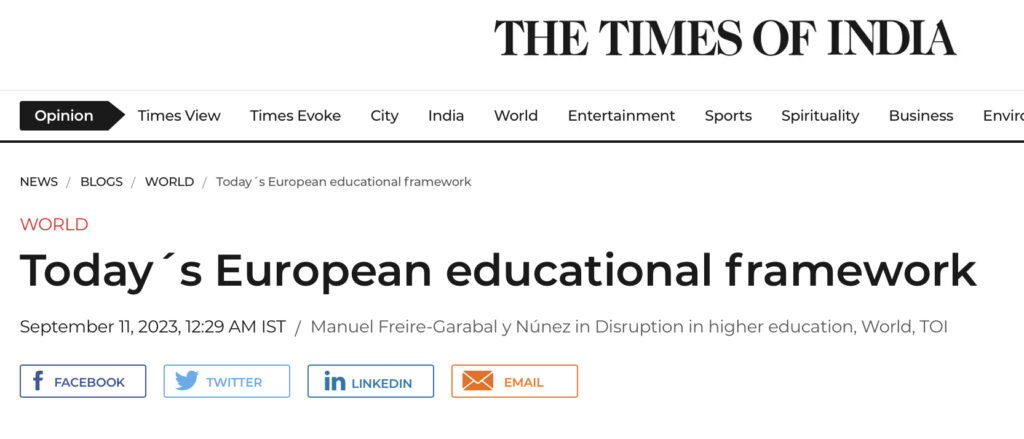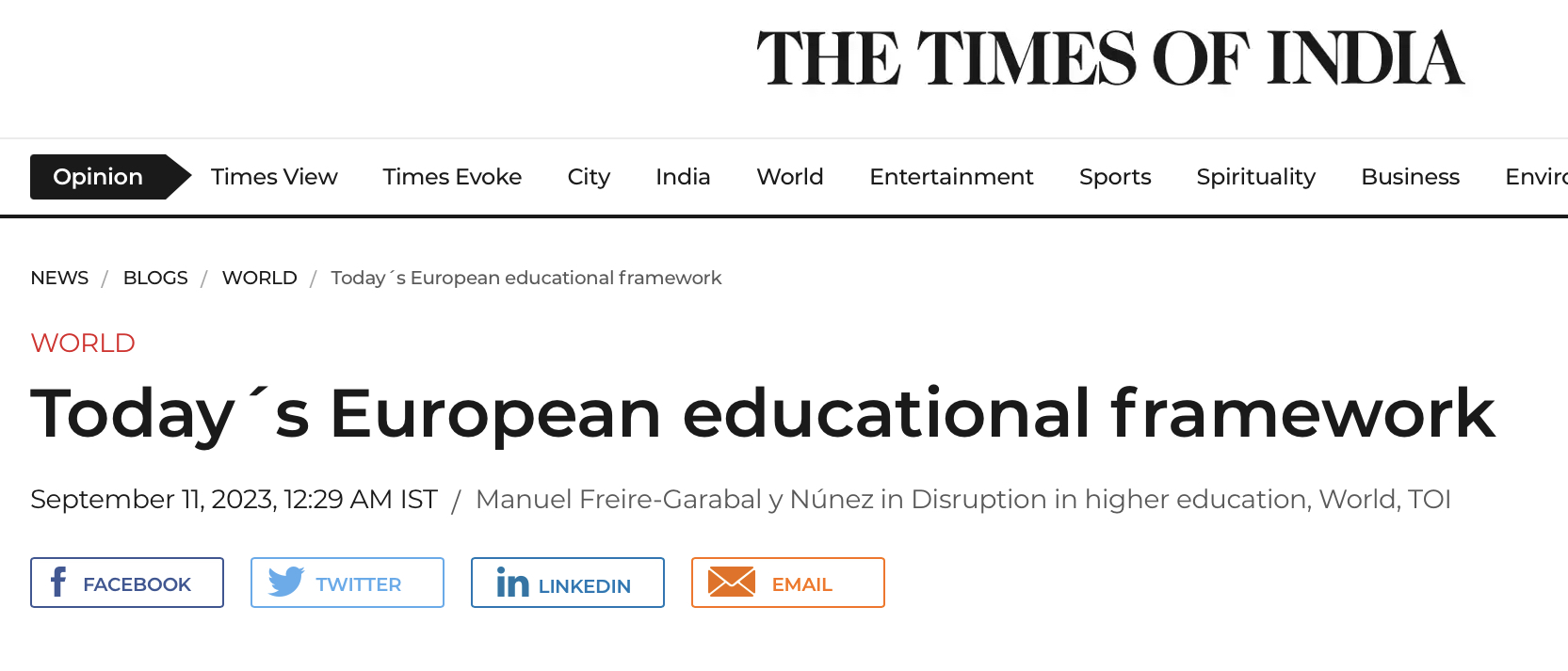
The education system in Europe in the 21st century has undergone significant changes to adapt to the challenges and demands of the modern era.
Caena & Redecker defined in “Aligning teacher competence frameworks to 21st century challenges: the case for the European digital competence framework for educators (digcompedu)” on the European Journal of Education (2019) that one key aspect of this transformation is the recognition of the need for teachers to develop new competences to empower 21st-century learners.
The authors determine that the European Framework for the Digital Competence of Educators (DigCompEdu) has been developed to address this need and provide a reference standard for the digital competence of educators. The DigCompEdu framework is designed to align with institutional and contextual requirements in different countries while remaining open to adaptation and updating. It emphasizes the importance of teachers updating their competence profiles to meet the challenges of the 21st century.
The framework is generic enough to apply to different educational settings and allows for adaptation as technological possibilities and constraints evolve. In the 21st century, there is a growing emphasis on the development of 21st-century skills among educators and students. These skills are seen as necessary to navigate contemporary and future life, which is shaped by technology and changing workplaces and lifestyles.
Finally, they submit that teachers are required to understand, deploy, assess, model, and promote these key competences and skills. This highlights the need for interdisciplinary collaboration and problem-solving competences related to pedagogical technological content knowledge (PTCK).
Following Zakota in “Standardisation in european higher education. the bologna process and hungary on SSRN Electronic Journal (2018), the European education system also places importance on the standardization and harmonization of higher education through initiatives such as the Bologna Process. The author claims that Bologna Process aims to align higher education systems in Europe, promoting comparability, mobility, transparency, and shared European values. It has led to achievements in quality assurance, recognition of diplomas, and the development of a harmonized higher education area.
Furthermore, based on the research from Aver et al., in “Higher Education Challenges: Developing Skills to Address Contemporary Economic and Sustainability Issues” on MDPI section Sustainable Education and Approaches (2021) the education system in Europe is facing challenges related to sustainability and the development of skills to address contemporary economic and sustainability issues. Higher education institutions play a crucial role in developing a sustainable and resilient European economy and society. There is a need for innovative teaching methods and the integration of sustainability into higher education curricula.
In the context of the 21st-century classroom, teachers face various roles, strategies, innovations, and challenges as defined in the research of Maba et al., published in “Teachers of 21st century: teachers’ roles, strategies innovation and challenges” on the International Journal of Social Science (2023).
Based on the ideas defined by Shafie et al., in “Technological pedagogical content knowledge (tpack) in teaching 21st century skills in the 21st century classroom” on the Asian Journal of University Education (2019), the teaching of 21st-century skills requires the application of technological pedagogical content knowledge (TPACK). However, not all teachers are well-trained in teaching these skills and integrating technology into their teaching practices. There is a need for further investigation into teachers’ understanding and application of 21st-century skills and TPACK.
In conclusion, the education system in Europe in the 21st century is undergoing significant changes to meet the challenges and demands of the modern era. The development of the DigCompEdu framework highlights the importance of digital competence among educators. There is also a growing emphasis on the development of 21st-century skills and the integration of sustainability into higher education. However, challenges remain in terms of teacher training and the implementation of these skills in the classroom. Further research and collaboration are needed to ensure that European education systems effectively prepare students for the complexities of the 21st century.
Read on the website

Comments are closed